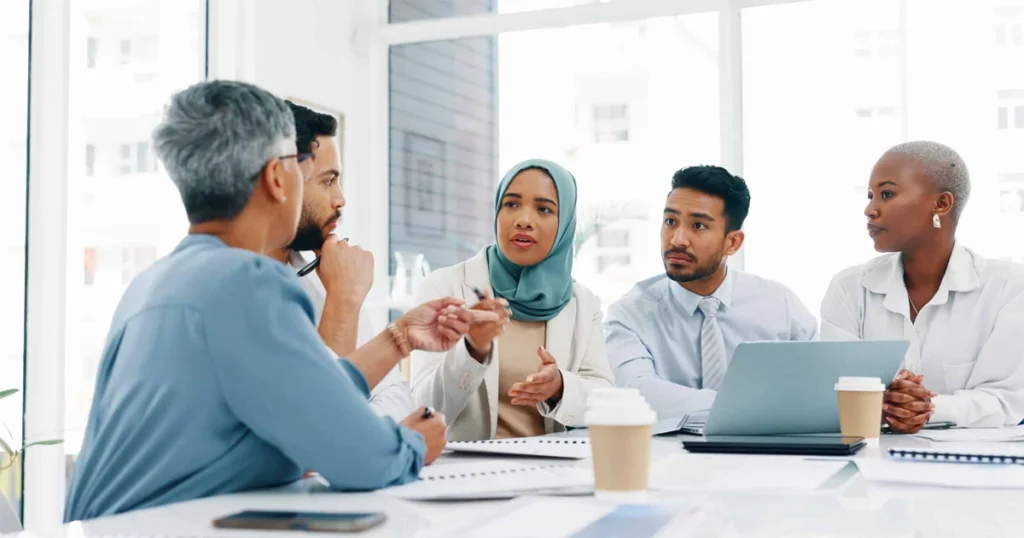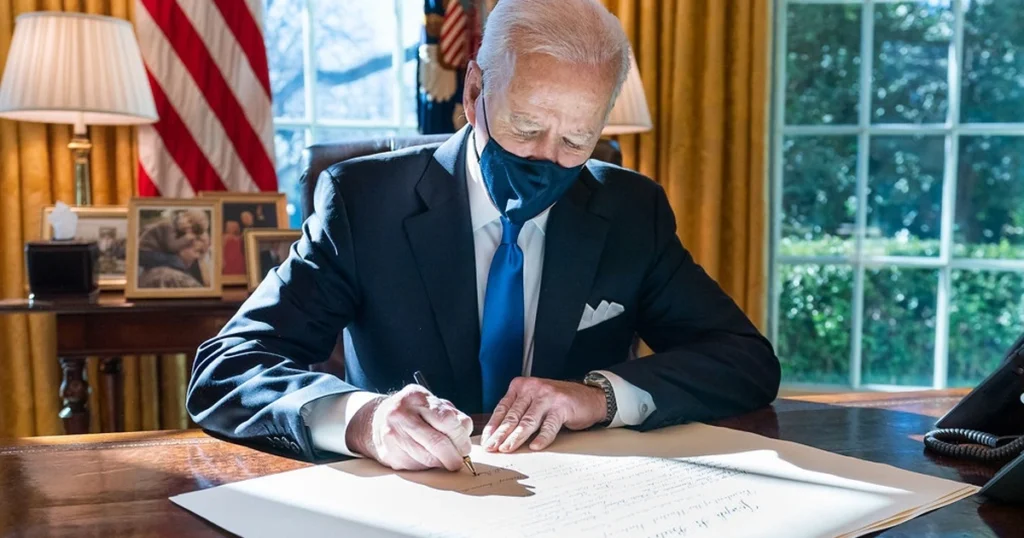Introduction
Immigration is more than just moving from one place to another; it’s about finding new opportunities, reuniting with family, or seeking safety and stability. Immigration policies, the rules that decide who can enter a country and how, shape this process. But these policies aren’t fixed—they change based on what’s happening in the world, from economic ups and downs to political shifts. This brings us to a big question: what happens when immigration policies change, and what does it mean for those affected?

Why Do Immigration Policies Change?
Immigration policies are not created in a vacuum. They change for various reasons, with a mix of factors contributing to each decision.
Economic Needs
When there are more jobs than workers, countries often open their doors to more immigrants. This can mean easier access for skilled workers like engineers and doctors, who bring valuable knowledge. Conversely, during economic downturns or high unemployment, policies can become more restrictive to ensure that citizens get job priority.
Political Influence
Politics often has a strong hand in immigration policy. Political leaders with conservative values may prefer strict controls, while more progressive leaders advocate for inclusivity. These shifts can mean rapid changes in who can enter, stay, or become a part of a country.
Social and Cultural Factors
Social beliefs and cultural considerations also play a role. For example, some countries may want to maintain their cultural identity and, therefore, set requirements for immigrants to learn the language or integrate into society. This can impact who is allowed to enter and under what conditions.
Security Concerns
Global security threats can lead to tighter immigration rules. For example, after major security incidents, countries often implement more rigorous screening processes to protect their citizens. These policies are meant to safeguard the public but can also make it harder for people to migrate, even for those who seek to start fresh.
What Do Policy Changes Mean for People?
Changes in immigration policy ripple through the lives of immigrants and the communities they enter. Here’s a closer look at the common impacts.
Stricter Border Controls
Stricter policies often mean stricter border controls, including more intense background checks and detailed application requirements. While this aims to enhance safety, it can also mean longer waits and more hurdles for those seeking a new beginning in another country.

Changing Visa Rules
Visa policies change to meet a country’s needs. In times of economic growth, for example, skilled worker visas may be encouraged to bring in professionals who can help boost the economy. But in tougher times, these policies might tighten, making it harder for people to stay, even if they have built a life in the country.
Skilled Workers
When policies Favor skilled workers, more doctors, engineers, and scientists have the chance to migrate. However, shifts towards stricter visa regulations can limit these opportunities, affecting both the professionals and the industries that need them.
Families
For families, immigration policies can be life-changing. Family-based immigration policies allow for family reunions across borders, but restrictive rules can lead to long separation periods. Spouses, children, and extended family members face difficult waits when immigration laws change.
Refugee and Asylum Policies
Refugees and asylum seekers are people forced to leave their homes due to war, persecution, or natural disasters. Their lives are directly affected by immigration policy changes. Countries with open asylum policies provide safety and stability to those in need, while stricter policies can mean fewer chances for people fleeing crisis to find a safe place to live.
Impacts on Refugees
More restrictive asylum policies might limit the number of people allowed entry, resulting in crowded refugee camps and prolonged wait times for decisions. Meanwhile, more welcoming policies can create safer paths for individuals seeking new homes and stability.
The Broader Economic Impact
Immigration policy also has a significant impact on a country’s economy. Immigration fuels economies by filling job gaps and stimulating business growth.
Labor Markets
Immigrants are essential to the Labor market, often filling both high-skilled and low-skilled job sectors. When policies restrict immigration, industries like healthcare, agriculture, and technology may face Labor shortages. Inclusive policies allow the economy to grow, welcoming talent that supports productivity and innovation.
Economic Growth
Immigrants contribute to the economy by paying taxes, spending on goods and services, and starting new businesses. When policies are restrictive, a country can lose out on these economic benefits. In contrast, inclusive policies create a broader workforce, stimulate economic growth, and enhance consumer markets, benefiting everyone.
Social and Cultural Effects
Immigration also enriches a country’s culture, bringing diversity and fresh perspectives.
Integration Challenges
Adjusting to a new country can be challenging for immigrants. Language barriers, cultural differences, and limited resources can make integration difficult. Policies that support social programs for language learning and cultural adaptation help newcomers feel included. Without these programs, social divides can deepen, and integration becomes harder.
What the Future Might Bring
Immigration policies will likely continue to shift in response to global needs and challenges. Here’s a look at what might come next.
Climate Migration
As climate change becomes more serious, more people may be forced to move due to natural disasters and environmental changes. This climate migration might lead countries to adapt their policies, allowing climate refugees a safe place to live.
Technology in Immigration
The technology could make immigration processes smoother and more efficient. With digital systems, application processes can be faster, and screening methods can be more reliable, creating a fairer and more transparent system for all.
Conclusion
Immigration policies affect millions of lives and the very structure of society. These policies shape the workforce, cultural landscape, and economic growth of a nation. As we look to the future, understanding these changes helps us appreciate both the challenges and the possibilities they bring. By striking a balance between security, economic growth, and humanitarian support, immigration policies can pave the way for inclusive, vibrant communities that benefit everyone.

